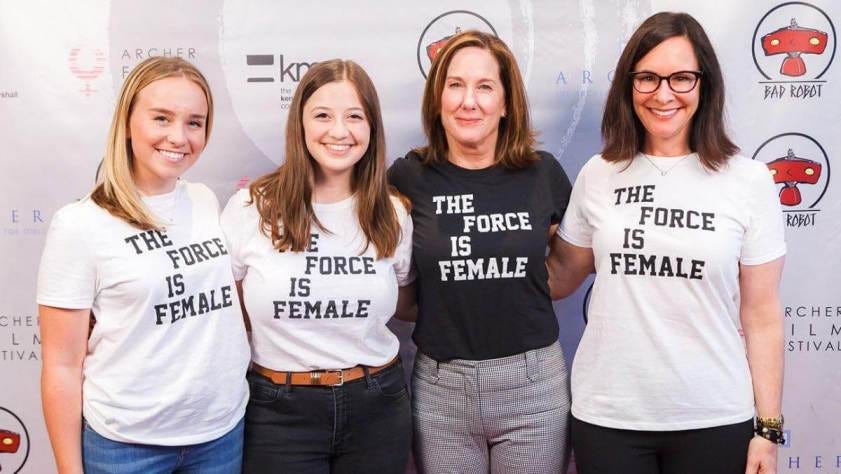As someone who gave up on Star Wars after the absolute artistic and commercial disaster that was the Sequel Trilogy, I can’t say I’m terribly surprised by what I’m hearing about The Acolyte. The Force Is Female, and the audience reviews are in:
Keep reading with a 7-day free trial
Subscribe to Barbarian at the Gates to keep reading this post and get 7 days of free access to the full post archives.




